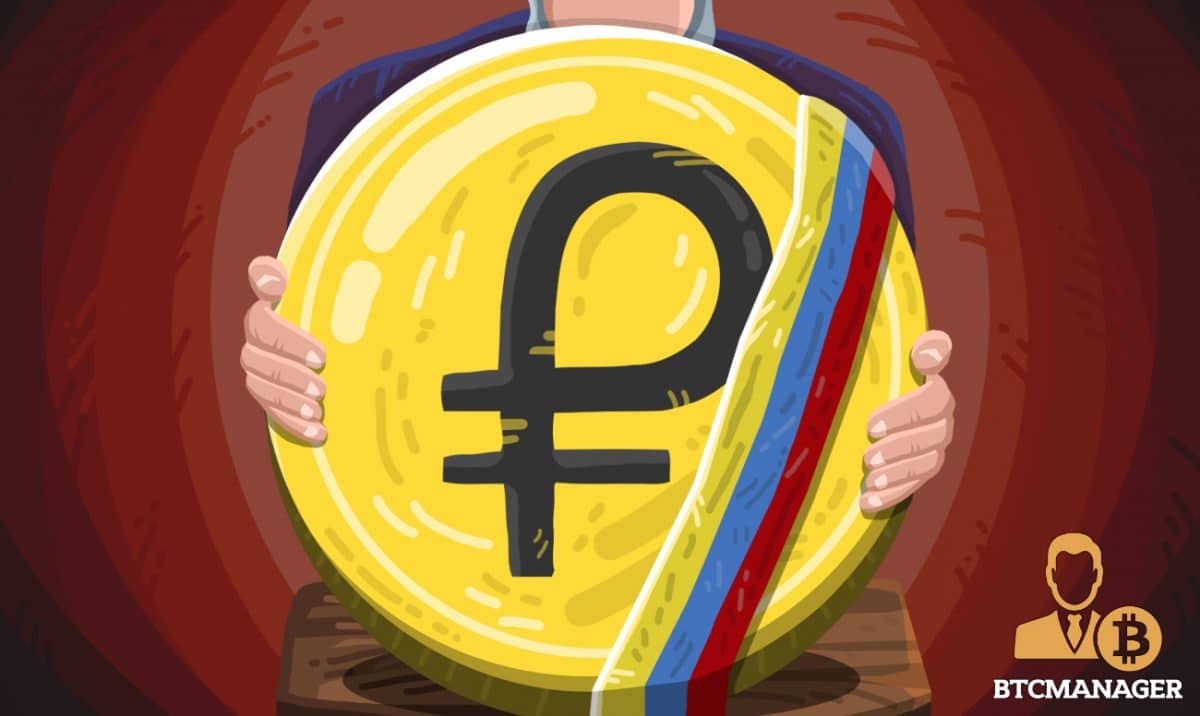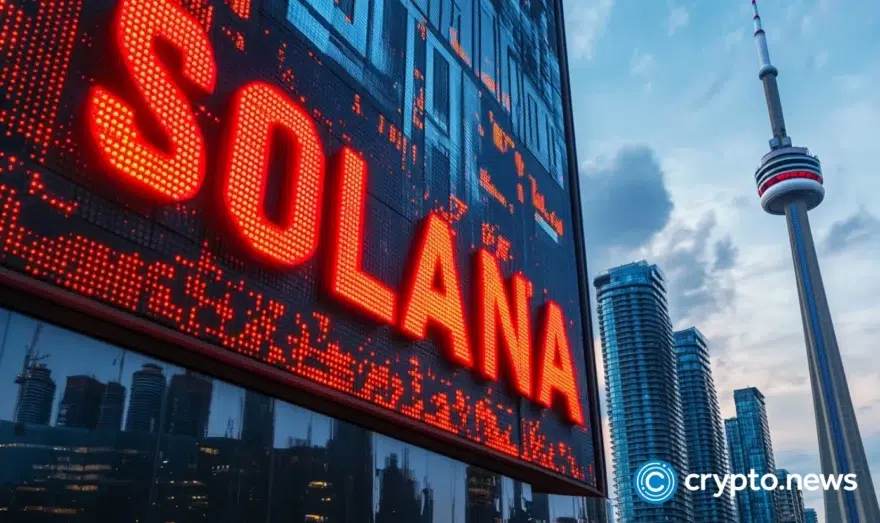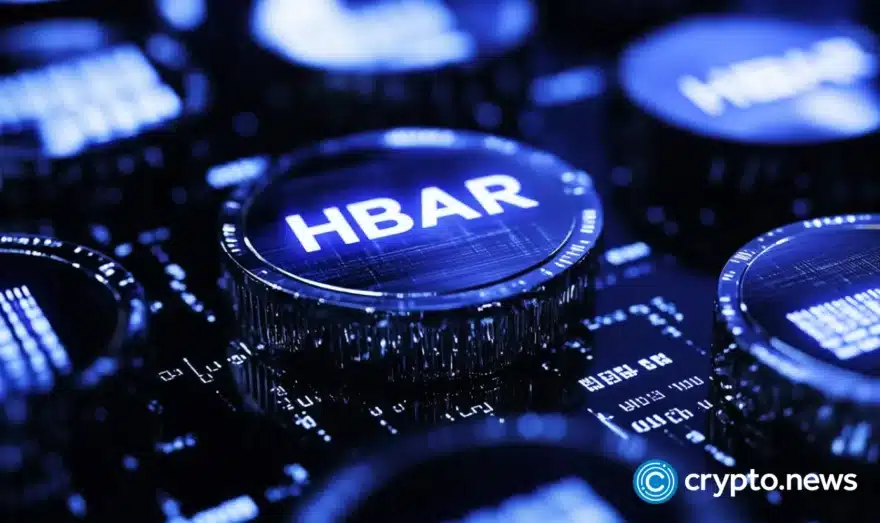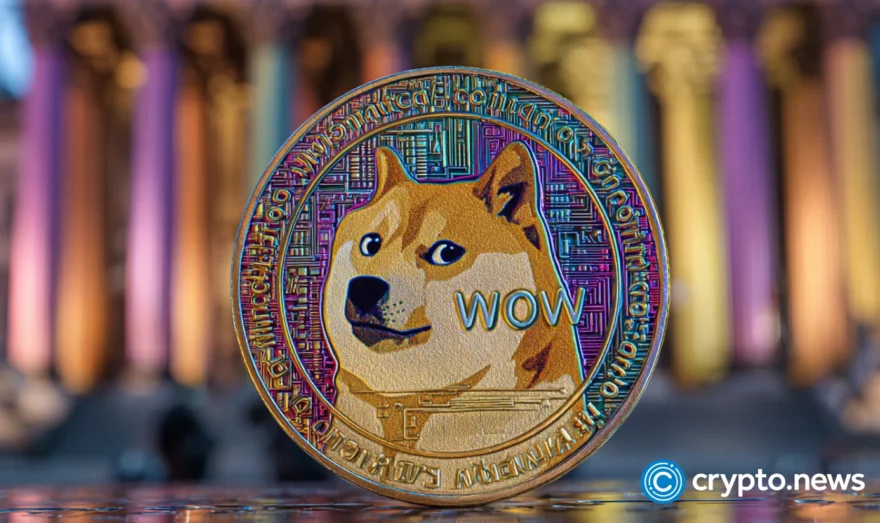Nicolas Maduro Creating More Use Cases for Venezuela’s Oil-Backed Petro Crypto

Venezuela’s supposed national cryptocurrency, the petro, seems to be gaining momentum with each passing day, despite all odds. The nation’s number one citizen, Nicolas Maduro has now hinted that state-owned firms are free to carry out transactions using the digital currency.
Encouraging Adoption of the Petro
What’s the sense of having a virtual currency if it can’t be used as legal tender?
The Venezuelan leader is doing everything within his powers to make sure his digital currency initiative, the petro (PTR) survives by all means. According to reports, citizens of the South American nation will be able to pay with the oil-backed cryptocurrency when purchasing goods and services, including real estate, in the coming weeks.
In an article published by the Cuatro F newspaper, the petro presale event attracted over 200,900 investors from 133 countries. The country’s tabloid also reported that the nation’s president is highly optimistic that Petro will solve Venezuela’s challenges. In his words:
“Petro came to revolutionize the global cryptoeconomy.”
If reports are anything to go by, the petro could go into full use from April 20, 2018. As such, citizens will be able to use the PTR crypto as legal tender in all kinds of financial transactions all over the nation.
Illegal Currency: Political Divisiveness
In March 2018, further reports emerged that the Asamblea Nacional, a faction of the divided Venezuelan government, released a statement calling the national cryptocurrency illegal and unconstitutional.
The lawmakers, who have always been active antagonists of Maduro’s policies, have stated that the current administration created the petro in a bid to mortgage the nation’s oil deposits illegally.
Despite the bombardments, the petro seems to be forging ahead without an atom of fear, as the President has informed the interior minister Nestor Reverol to make sure all international transactions made with the PTR goes through the nation’s Autonomous Service of Registries and Notaries (SAREN), to ensure transparency.
Notably, all state-owned companies such as the PDVSA oil company will soon be able to create their Petro wallets to enable them to charge for exports in PTR.
In essence, in addition to accepting Petros as a payment method for its oil and gas exports, PTR is also a legal tender for transactions involving Venezuela’s other exported natural resources such as steel, aluminum, petrochemicals, cocoa, and others.
The Cuatro F also reported that the “Central Bank of Venezuela (BCV) was authorized by decree to accept Petros for the export of gold from small mining and handcrafted items.” Furthermore, all private firms can pay their company taxes with PTR, including all previous debts they owe the state.
Stopping the Petro and Election Day
President Maduro has fired back at all critics of the petro crypto including the United States government. The President stated:
“I ask the world for respect. We do not get involved in the financial initiatives of other countries, whether they are powerful or not. Why does Venezuela have to be persecuted for trying to create a source of financing for its development, its happiness, for peace and economic expansion? The petro will continue its course and nobody will be able to stop our cryptocurrency.”
As it stands, the petro remains king in Venezuela, even though its reign may be temporary. With the Presidential elections coming up on May 20, 2018, the author firmly believes the continuous existence of the PTR coin is dependent mainly on the outcome of the polls.
If Maduro gets re-elected, the Petro will undoubtedly gain more adoption and may likely hit the moon. On the other hand, if the ruling party loses at the polls, that could be the end of the road for what has been a thought-provoking crypto journey.
















